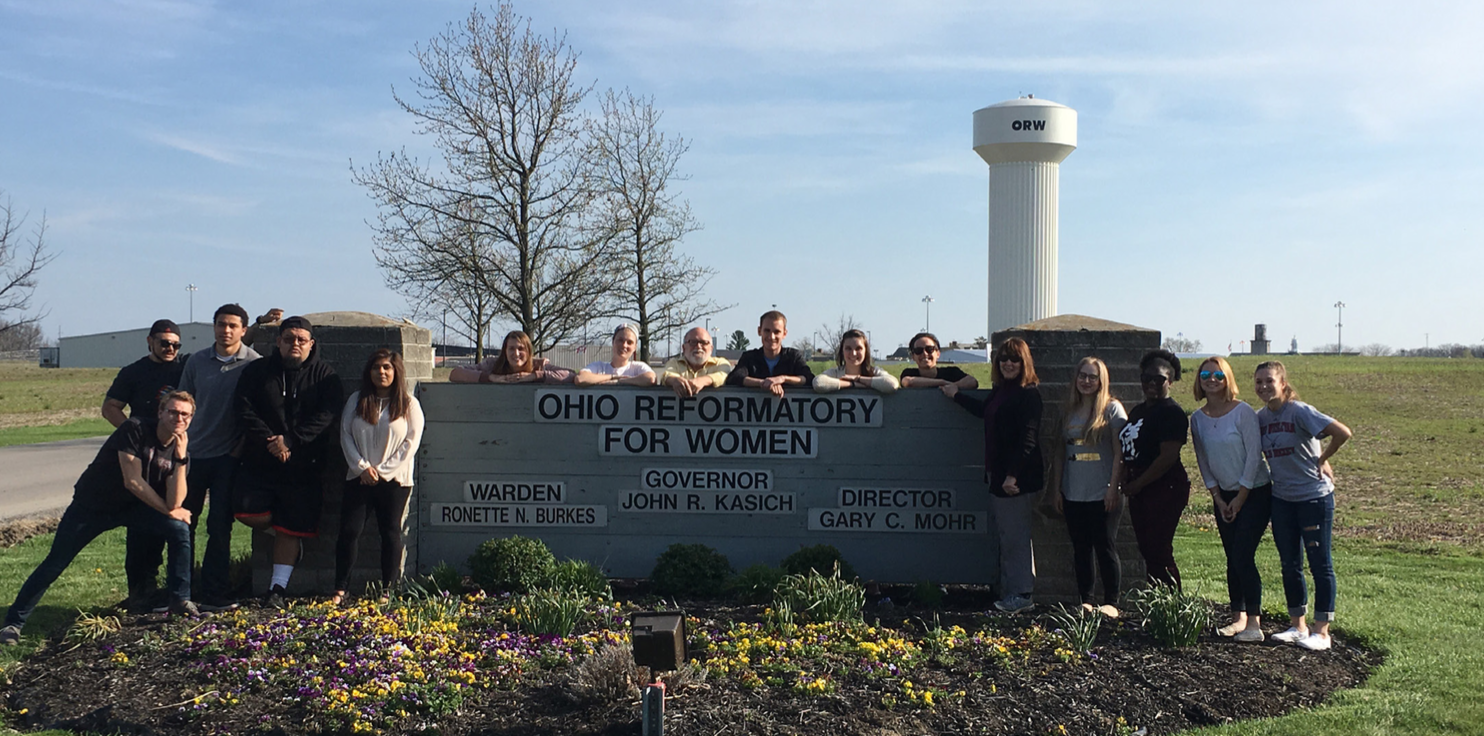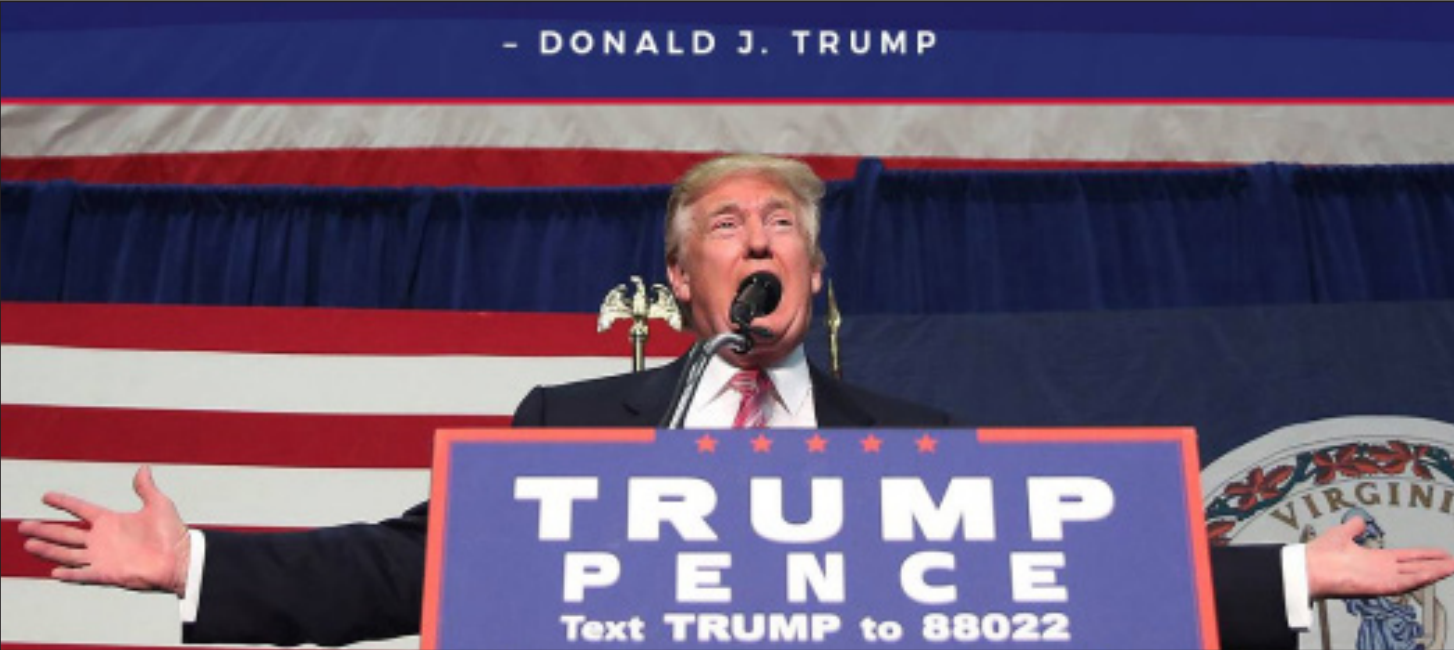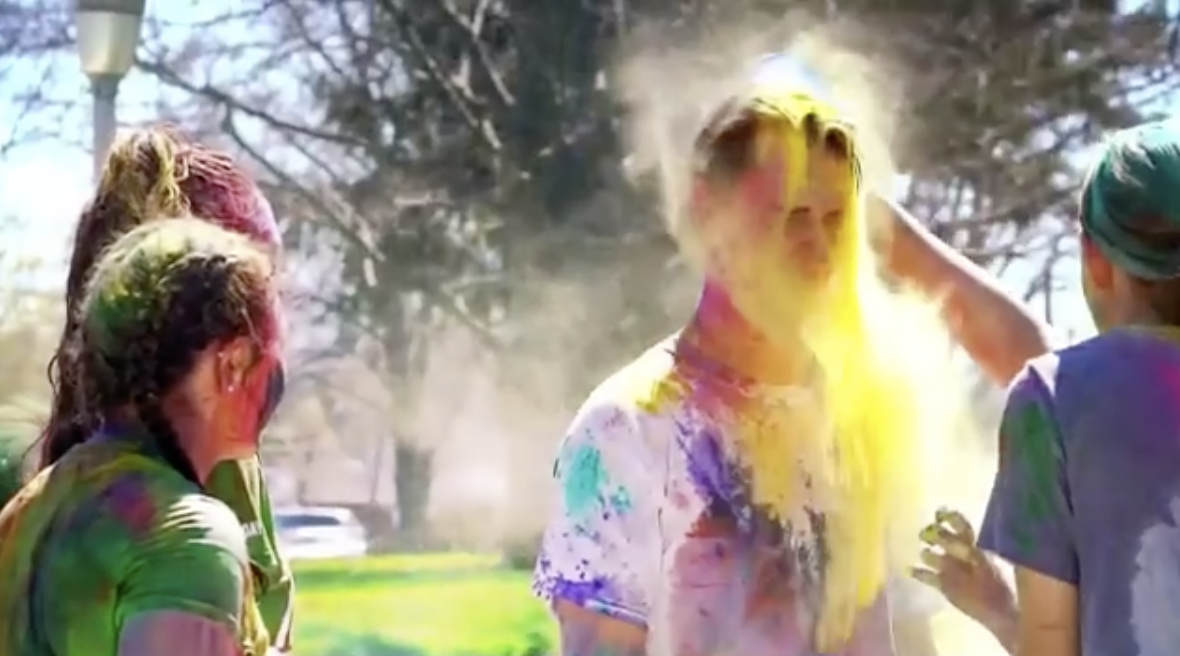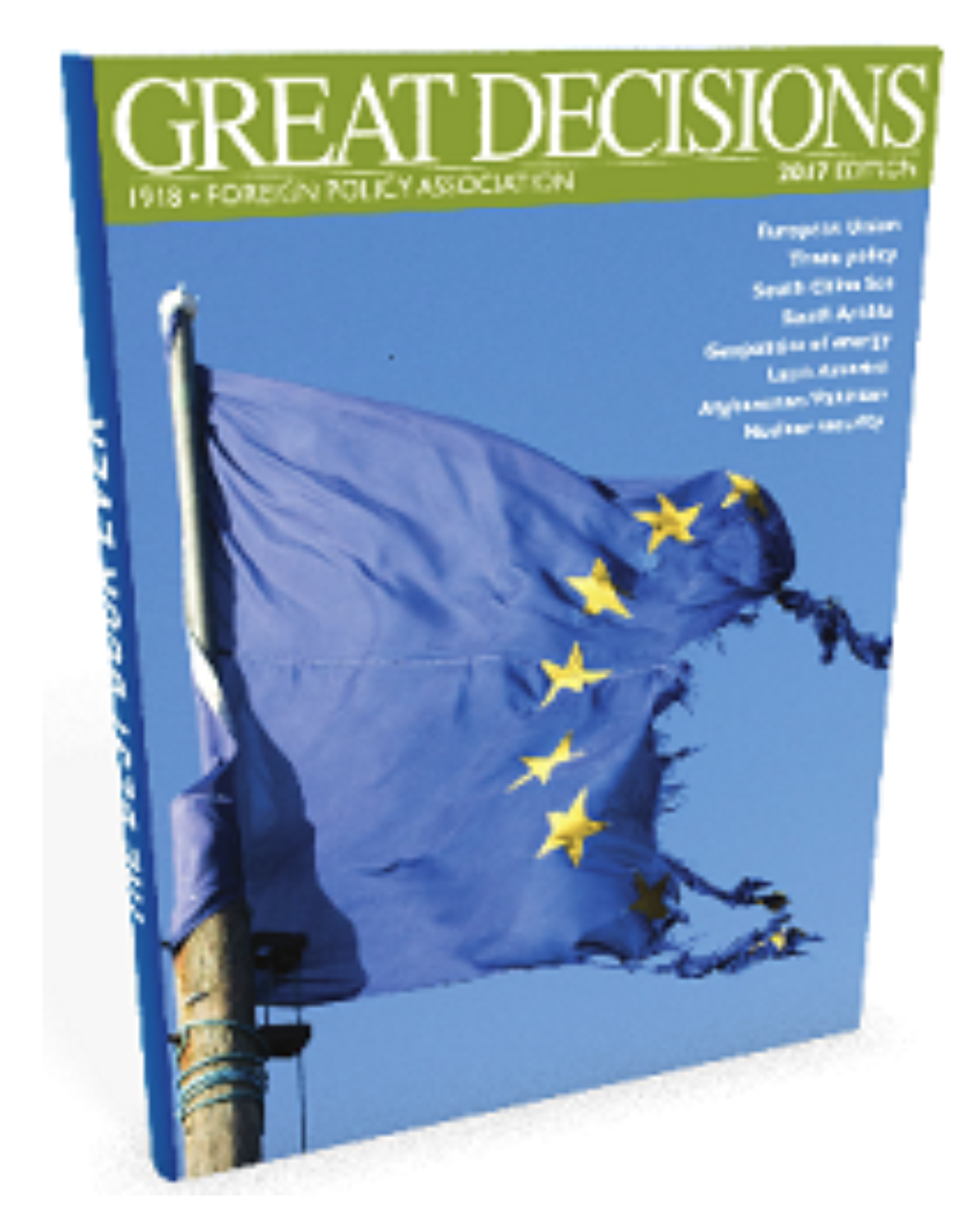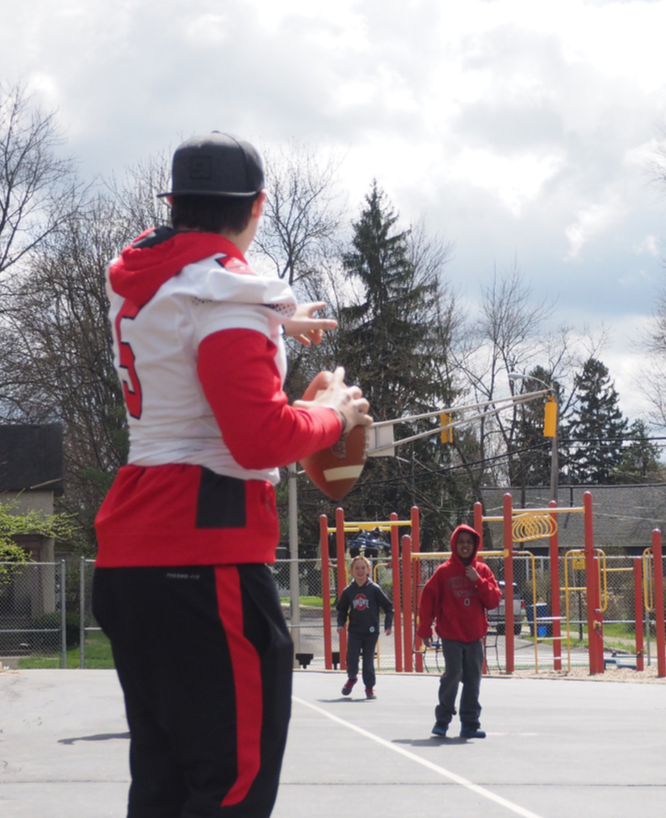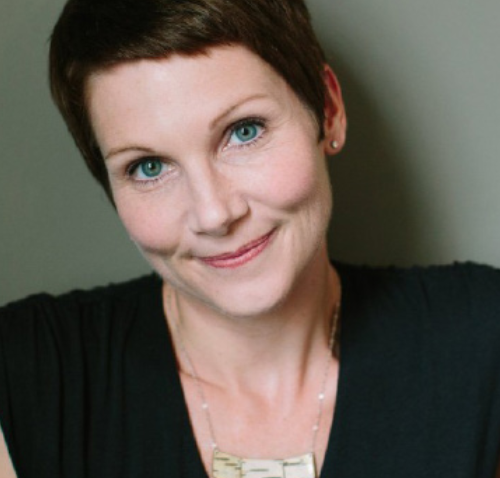By Diana Muzina, Letter to the Editor
When someone says the word ‘prison,’ we immediately have associations and assumptions about what it is like based on media portrayals and pervasive stereotypes. We see prison as being this place where bad people are sent, and that they deserve to be there. This is not always the case.
As a part of our Sociology & Anthropology Senior Seminar this semester, myself and the other 19 departmental majors, have a joint class with 20 inmates of Ohio Reformatory for Women (ORW) in Marysville, Ohio.
Every Wednesday at 4:50 p.m., we depart campus and make the 25-minute drive to the institution with our two professors, Mary Howard and John Durst.
“It forces us out of our OWU safety bubble, literally, and encourages interaction with views we otherwise don’t hear on a liberal campus,” junior Kelsey Morrison said.
This course has been in the works for a long time, and was first conceptualized by Howard in 1987 when she was the director of Women Studies.
“Bill Louthan, who was provost at the time, supported the idea but as it turned out, the prison system was forced by public outcry to close down all rehabilitation programming,” Howard, professor of Sociology/Anthropology, said.
“Through recent tours with SOAN Senior Project classes, we noticed the return of multiple skills training projects and the addition of Inside/Outside college level courses held within the prison,” Howard said. “We did not design our course as any kind of mission for the prisoners. If there was any intent in a joint class of 20 OWU students with 20 ORW students, it was to learn from each other.”
The women in our course are a select group of individuals from the institution who have proved themselves as open to learning in a self-help program developed for those who have passed through many other personal developmental hoops.
Many women in the course have commented to myself and other students that not everyone in the prison is happy and that many do not choose to seek self-improvement programing.
Upon arrival, belongings were stowed away in the vans, cellphones were left in our bags, and with our state IDs in hand, and maybe a pen and paper, we made our way to the metal detectors. IDs were traded for visitors passes after our identities were checked against the volunteer registry. We signed in and had our hands stamped.
Many times we waited up to 20 minutes for everyone to go through security, including other volunteer groups and another class of students from Ohio State, until nally we were sent, five at a time, through a large metal door into a small room.
After one door shut, another opened to let us out onto the prison grounds. Five by five, we regrouped and headed across the yard to class. Right in the middle of the yard along our way was a track which encircled a new softball field. It didn’t look like a prison; it looked like a college campus.
